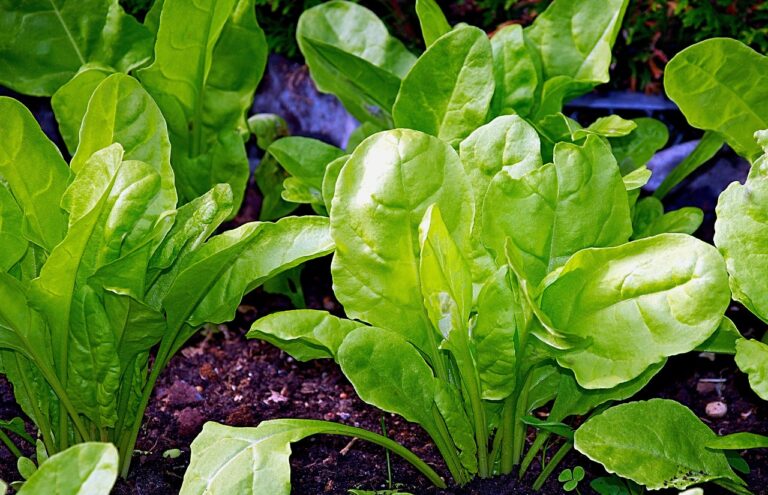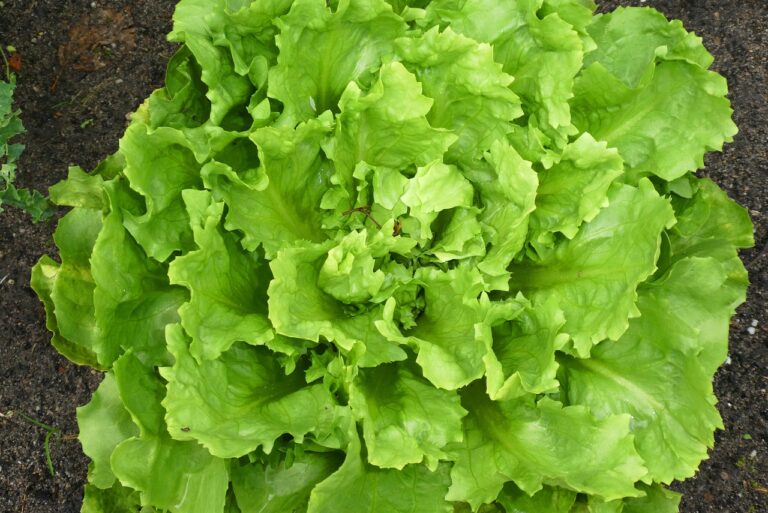From Farm to Table: Understanding the Organic Food Movement
Organic farming traces its roots back to the early 20th century when farmers started to move away from synthetic chemicals and focus on natural methods to cultivate crops. This shift was a response to the negative environmental impacts and health concerns associated with the use of synthetic pesticides and fertilizers. The organic farming movement gained momentum in the 1960s and 1970s as people became more aware of the importance of sustainable agricultural practices.
During the 1980s, various organizations and groups began to establish standards and guidelines for organic farming practices. The goal was to create a system that promoted biodiversity, soil health, and overall environmental stewardship. These efforts led to the development of organic certifications and labels that consumers could look for when purchasing organic products. Today, organic farming continues to evolve and expand, with more farmers adopting organic practices to meet the growing demand for organic food.
Benefits of Organic Food
Organic foods have gained popularity for their perceived health benefits and environmentally friendly production methods. Many consumers opt for organic options due to the absence of synthetic pesticides, hormones, and antibiotics in organic farming practices. This can lead to a reduced intake of potentially harmful chemicals and preservatives in organic food products compared to conventionally grown ones.
Additionally, organic farming practices often focus on improving soil health and biodiversity, which can result in nutrient-dense crops. These nutrient-rich foods may offer higher levels of vitamins, minerals, and antioxidants that are beneficial for overall health and well-being. Choosing organic foods can thus be seen as a way to support both personal health and sustainable agricultural practices.
Organic Certification Process
Organic certification is a rigorous process that ensures farmers adhere to strict standards in order to label their products as organic. This process involves detailed record-keeping, soil testing, crop rotation, and the use of natural fertilizers and pesticides instead of synthetic chemicals. Farmers must also meet certain criteria for the humane treatment of animals if they are raising livestock.
Each certification body has its own set of guidelines that farmers must follow in order to achieve organic certification. These guidelines encompass every aspect of production, from planting to packaging, to guarantee that the final product is truly organic. Inspections are regularly conducted to monitor compliance and ensure that organic farming practices are being upheld throughout the entire process.
• Organic certification is a rigorous process that ensures farmers adhere to strict standards
• Detailed record-keeping, soil testing, crop rotation, and the use of natural fertilizers and pesticides are required
• Farmers must meet criteria for humane treatment of animals if raising livestock
• Each certification body has its own set of guidelines for organic certification
• Guidelines cover every aspect of production from planting to packaging
• Regular inspections are conducted to monitor compliance with organic farming practices
What is the history of organic farming?
Organic farming dates back to the early 20th century, where it was developed as an alternative to conventional farming practices. The movement gained momentum in the 1960s and 1970s with the rise of environmental awareness and concerns about the use of synthetic pesticides and fertilizers.
What are the benefits of organic food?
Organic food is free from synthetic pesticides, herbicides, and GMOs, making it a healthier option for consumers. It is also better for the environment, as organic farming practices promote soil health, biodiversity, and water conservation.
What is the organic certification process?
The organic certification process involves a detailed review of a farm’s practices to ensure they meet the standards set by certifying bodies. This includes inspections, documentation of practices, and adherence to specific guidelines for organic production.
How long does it take to get organic certification?
The organic certification process can take anywhere from several months to a few years, depending on the size and complexity of the farm operation. It requires a commitment to following organic practices and meeting the requirements set by certifying bodies.
Is organic certification mandatory for all organic farms?
While organic certification is not mandatory for all organic farms, it is required for farms that want to use the “certified organic” label on their products. This label assures consumers that the product has been produced according to organic standards.







